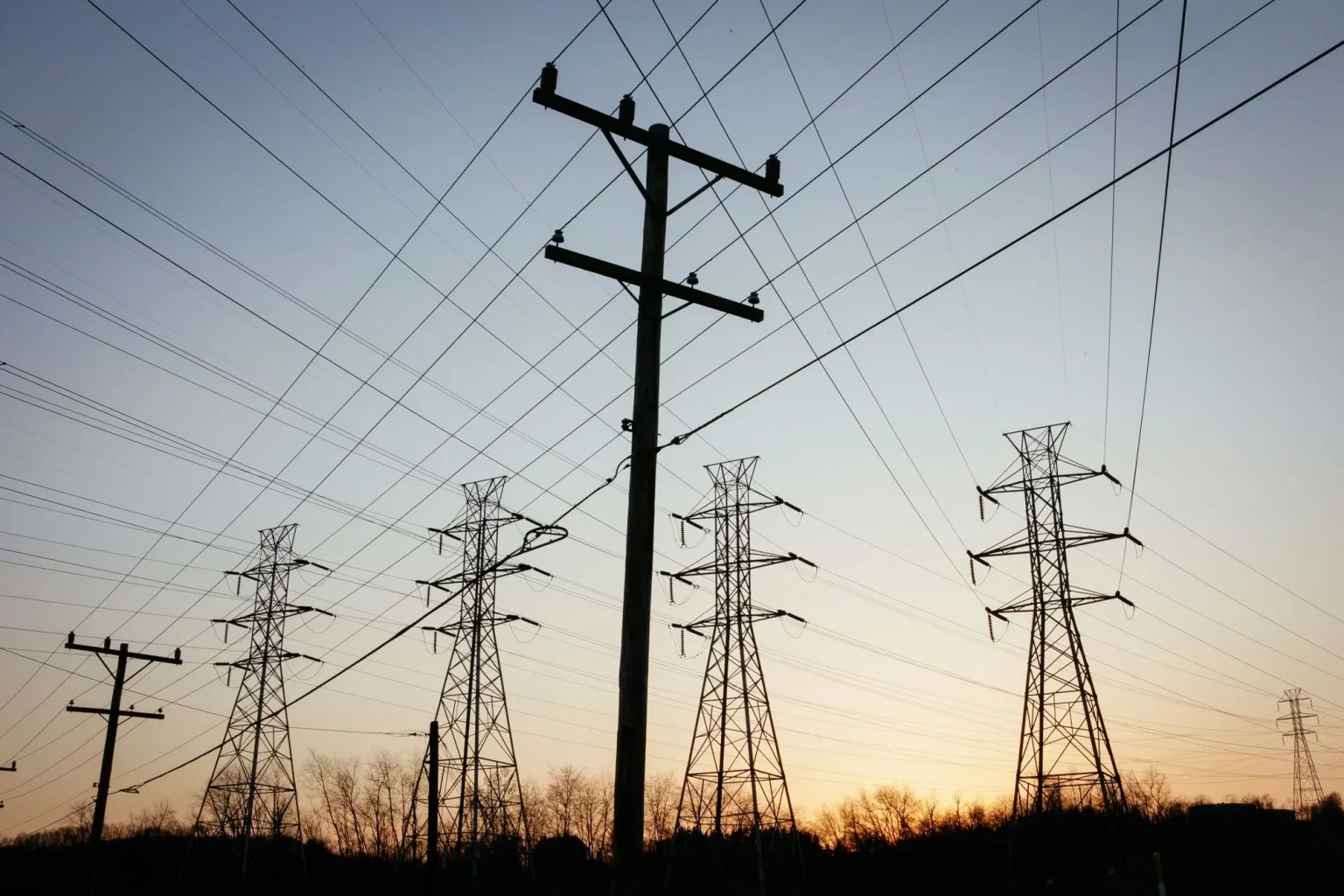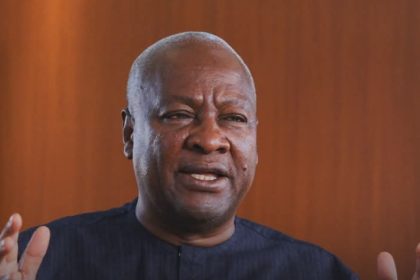By Adeyemi Adekunle
In the heart of Abuja, Nigeria’s capital, the hum of generators replaces the silent hum of electricity flowing through wires, a stark reminder of the city’s ongoing power crisis. As the sun rises, dimly lit and stuffy classrooms stir with life, and children file in, eager to learn despite the challenges they face.
Rays of sunlight stream through wooden windows, the only source of light in these classrooms. Pupils squint at their books and intermittently at the blackboard, as teachers strive to hold their attention amidst the discomfort. This is the reality for many schoolchildren across Nigeria, particularly in Abuja, where access to the national electricity grid remains a luxury.
At Excellent Moral School in Abuja, founder Muyideen Raji laments the impact of the power situation on education: “Education has gone beyond writing and listening to teachers in class alone. It has gone digital, and there’s no way we can give the students the best of what they need without electricity,” he says.
Communities like that of Excellent Moral School, which lack access to electricity, are often surrounded by more fortunate ones connected to the grid. However, even these areas experience frequent outages, relying heavily on gasoline and diesel-run private generators. With the removal of long-running petroleum subsidies, the cost of fuel for these backup generators has become a burden for households, schools, hospitals, and businesses alike.
At Lorat Nursery and Primary School in Abuja, headteacher Abdulhakeem Adedoja shares the struggles they face. Although the school is in an area connected to the grid, power supply can be non-existent for up to two weeks at a time. “We cannot even put our gadgets to use because there’s no electricity around us,” he says, gesturing to dust-covered computers in a classroom.
The implications are far-reaching. Beyond the lack of electricity for computer-aided learning, proper lighting, and fans to make classes less stuffy, students are also unable to complete their school assignments at home. Adedoja fears the school may have to close as families relocate to areas with more reliable power. “I have some people who have relocated just because they say that there’s no light in this community. So, we are losing pupils in the process,” he explains.
Nigeria’s power generation capacity stands at less than 8,000 megawatts, with an average supply of under 4,000 megawatts — a stark contrast to Singapore’s capacity for its 5.6 million people. Power outages are a daily occurrence, forcing small businesses like restaurants to either close shop or incur high costs for alternative power generation.
Ebunola Akinwale, owner of Nature’s Treat Cafe in Abuja, shares her frustrations. She spends approximately 2.5 million Naira (about $1,700 USD) monthly to power backup generators across her four branches. “Some months, it doesn’t feel like I’ve made any profit. What should have gone into savings for the business or other things has probably gone into power,” she says. The ripple effect of the power crisis extends to suppliers, whose increased operational costs due to power issues lead to higher prices for raw materials.
In a country blessed with abundant sunshine, many see solar energy as a potential solution. However, securing risk-averse investors to finance major solar projects remains a significant challenge. Consequently, millions of Nigerians are adapting to life with little to no electricity.
“If nothing changes, and it’s still what it is now or it gets worse, I probably will change the model of the business,” Akinwale muses. “I might focus more online, maybe close one or two branches and invest in bikes for deliveries. I won’t close my business because I’m very passionate about what I do, but I’ll think of ways to be less reliant on power.”
As Abuja grapples with its power crisis, the resilience of its people shines through. From schools to businesses, the struggle continues, but so does the determination to find solutions and thrive despite the odds.




